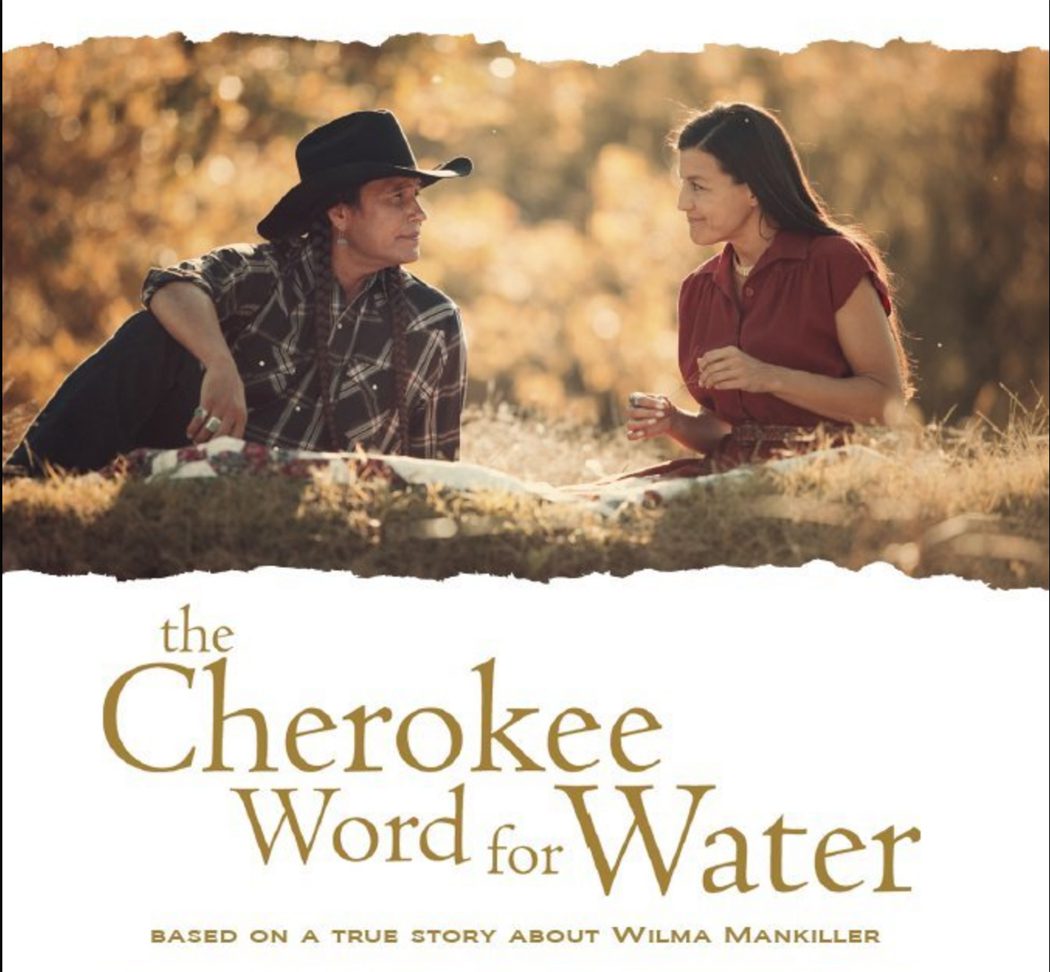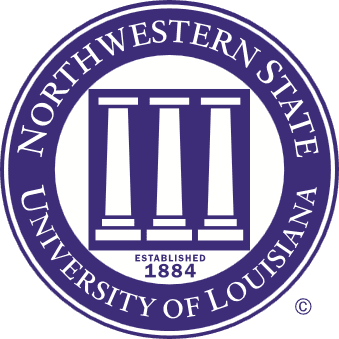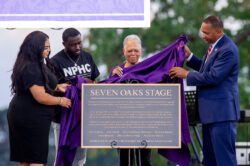by Leah Jackson
The third annual Native American Film Club offers a mix of contemporary documentaries and fictional films. This year’s theme is ‘Respect for Earth and Each Other.’
Northwestern State University will celebrate Native American Heritage Month by screening indigenous-made films in November.
“Over 500 federally acknowledged American Indian nations exist just within the U.S. and can be very different, but a common thread is that many American Indians share an ethic of respect and responsibility for the environment and other beings. This year especially, people of all ethnicities have environmental and public health concerns on their minds. We chose Indigenous-written and -directed films that address these topics,” said Dr. Rebecca Riall, acting coordinator of ethnic studies at NSU.
“We’re excited to continue co-hosting the Native Film Club,” said Center for Inclusion and Diversity coordinator Brittany Blackwell Broussard. “Our work at the Center seeks to highlight voices and experiences of minority groups that are too often overlooked. Through these films and discussions, we hope to spark the students and the community as agents of change.”
Screenings are free and open to the public, however, participants must pre-register. Social distancing and mask wearing will be enforced.
Attendees must pre-sign up for specific films at https://www.signupgenius.com/
Tues. Nov. 2, President’s Room, Student Union, 5:30 PM: L’Eau Est La Vie: From Standing Rock to the Swamp and Awake: A Dream of Standing Rock. In these two documentaries, meet Indigenous and ally “water protectors.” Pizza will be served. Discussion to follow.
Thurs., Nov. 11, Lucile Hendrick Room (downstairs), Student Union, 5:30 PM: Cherokee Word for Water. Wilma Mankiller was the first modern female Principal Chief of the Cherokee Nation in Oklahoma. This fictionalized film, based on real events, follows her rise to leadership as she fought to build a 16-mile water line to a remote Cherokee community, relying mostly on volunteers. Refreshments served. Discussion to follow.
Thurs., Nov. 18, Lucile Hendrick Room (downstairs), Student Union, 5:30 PM: Blood Quantum. In an alternate 1981, the brutalized Mother Earth unleashes a zombie plague to which Indigenous people find themselves immune. A Mi’qmaq community faces difficult questions regarding their responsibilities to themselves and others as they battle the undead. Warning: gory, not for children. Refreshments served. Discussion to follow.
Dr. Mark Melder, head of the School of Social Sciences and Applied Programs, said that the Native American Film Club is an annual event that aims to be meaningful for Native audiences while also approachable to everyone.
“This year is the first year that Native young people have been able to see themselves represented in their own stories on mainstream television, with the first two major Native-made television series emerging. Being seen in an authentic way matters. Representation matters. The Native American Student Association helped choose the films for this year. We tried to choose films that are informative, interesting and leave the audience understanding that Native peoples are resilient and very much part of contemporary life,” Melder said.
“The NSU Native Film Club provides an outstanding opportunity for students, faculty, staff and community members to watch and discuss films by Native directors that they might not otherwise have the chance to see,” explained Dr. Allison Rittmayer, chair of NSU Diversity Committee and associate professor of English and film. “Through these four films, audiences will gain a sense of the variety of Native perspectives on the relationship between humans and the land, and on the responsibilities we have to each other. It is vital that we support the work of these artists and continue to expand the opportunities for Native representation in film, television and beyond.”
This is the third year for the film series, which is co-sponsored by the American Indian and Indigenous Studies, Center for Inclusion and Diversity, School of Social Science and Applied Programs, Office of the Vice President for Diversity, Equity and Inclusion; English, Foreign Languages, and Cultural Studies; Anthropology; Pre-Law and Paralegal Studies and the Native American Student Association.
Visit Northwestern State University Website: https://www.nsula.edu/


























